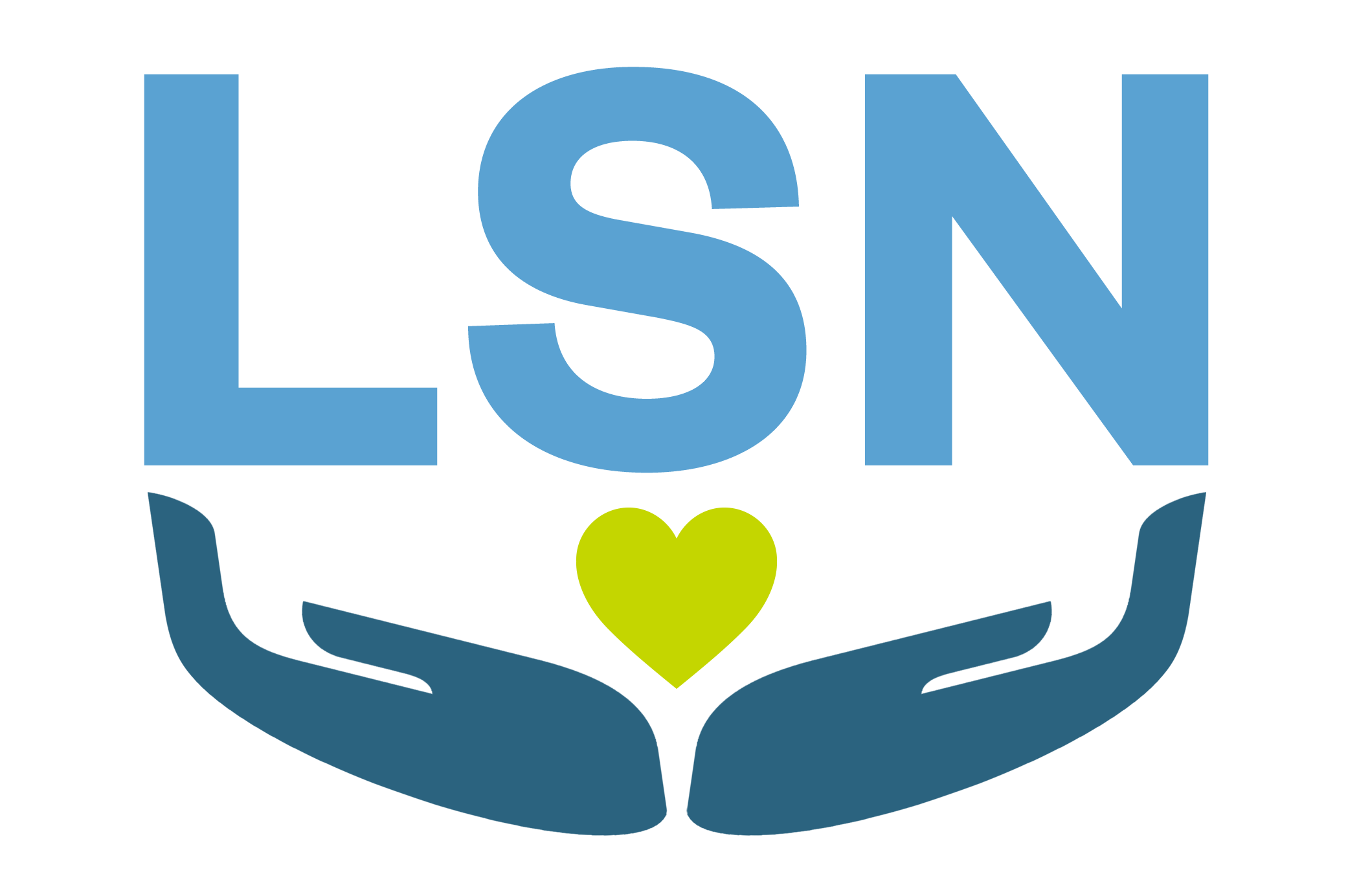Sleep, elusive sleep.

Sleep is one of the most important parts of maintaining a healthy body and mind. And yet, academic commitments, busy schedules, late-night meetings, roommates and stress are very typical barriers to getting good sleep. The consequences of poor sleep can be major: poor attention, decreased memory retention, increased likelihood of getting sick and increased likelihood of having an accident. Fortunately, we have some simple, easy-to-follow suggestions that will have you catching Zzz’s in no time.
Sleep Hygiene
You may have heard this term before. Sleep hygiene encompasses the basic strategies we should all be following to give ourselves the best chance at getting a good night’s sleep. Are there any ways that you could improve these sleep-promoting behaviors?
- Limit caffeine. Do not consume more caffeine per day than the amount in 3 cups of coffee. Avoid caffeine in the 4-6 hours before going to bed.
- Limit alcohol. Alcohol may help you fall asleep at first but can lead to sleep disruption and make sleep less restful.
- Exercise regularly but not close to bedtime, Regular, moderate exercise can improve your quality of sleep.
- Try a light bedtime snack such as milk, peanut butter, or cheese. These foods contain chemicals your body uses to produce sleep and can make you drowsy.
- Keep your bedroom quiet, dark, and cool. Noise and light can disrupt sleep; try white-noise machines, ear plugs, and/or an eye mask to help. Temperatures above 75 degrees Fahrenheit can disrupt sleep.
Other Sleep Improvement Guidelines
While sleep hygiene strategies are a necessary foundation for quality sleep, they are unfortunately not sufficient. Here are some additional tips for improving and maintaining good sleep habits.
- Select a standard rising time. Set the time and stick to it every day, regardless of how much sleep you get each night. This will help to create a stable sleep pattern.
- Use the bed primarily for sleep. Avoid reading, watching shows eating, studying, using the phone or computer, or doing other things that require you to be awake. These activities unintentionally train your brain to be awake in bed.
- Get out of bed when you can’t sleep. Avoid remaining in bed for extended periods of time without being asleep; this creates a negative association with your bed/sleep time. If you are awake for 15-20 minutes, get out of bed, no matter the time of night. Leave your room if you are able. Engage in relaxing, non-stimulating activities, and don’t return to bed until you are ready to sleep.
- Get out of bed when your mind is spinning. Avoid worrying, planning, or problem-solving in bed. If your mind is racing, get out of bed and go to another room until you are able to return to bed without worry. Consider setting aside time earlier in the night to worry so it’s less likely to follow you to bed.
- Sleep at night. Daytime napping weakens sleep drive, making it more difficult to fall asleep at night.
- Determine how much sleep you need and spend that much time in bed each night. Go to bed when you are sleepy but don’t go to bed so early that you spend more time in bed than you need; this can make sleep worse.
If you’re still struggling to sleep, consider connecting to mental health supports via care.unc.edu or your primary care provider (Campus Health appointments can be made online).
Post originally published on https://healthyheels.org/

